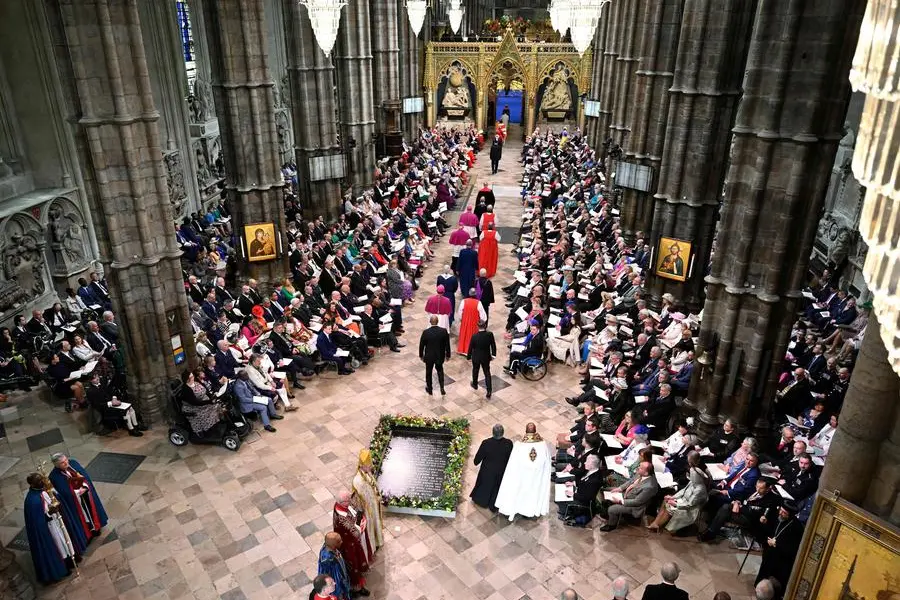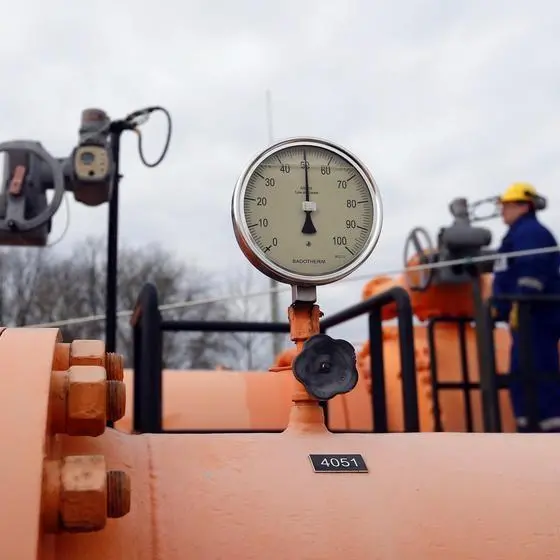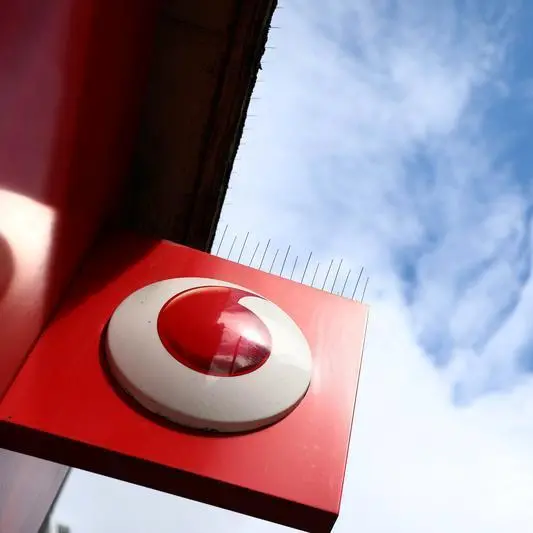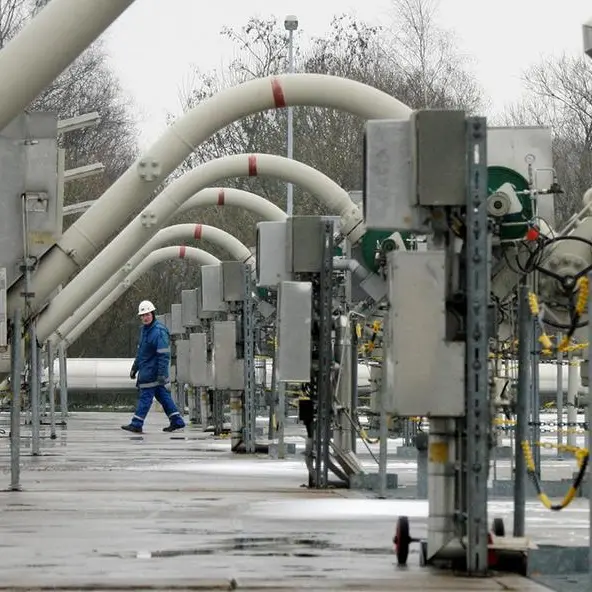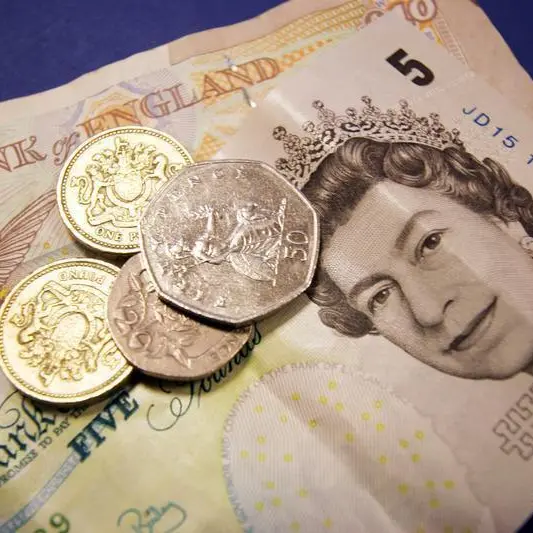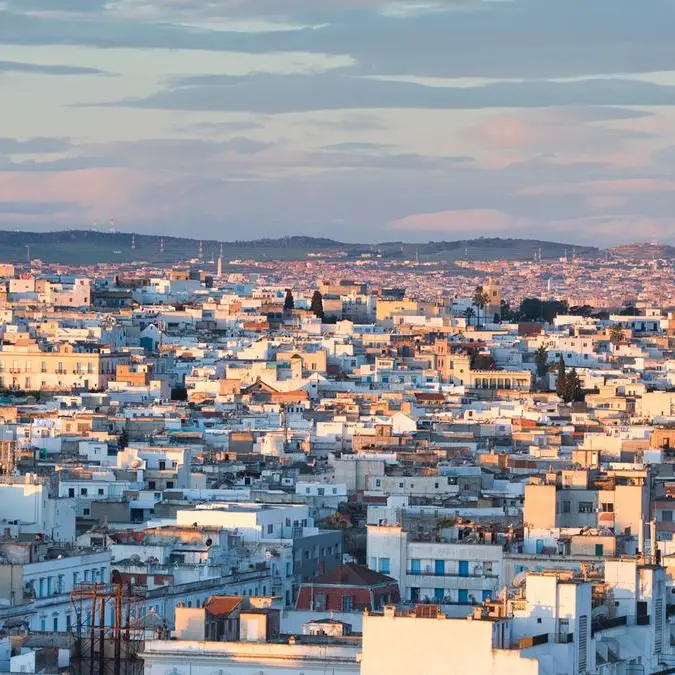PHOTO
Charles III will be crowned king on Saturday in a solemn Christian ceremony steeped in 1,000 years of history and tradition, but adapted to reflect 21st-century Britain.
The build-up to the coronation -- the religious confirmation of Charles's accession after the death of his mother Queen Elizabeth II last September -- has been mostly celebratory.
But on Saturday morning, the anti-monarchy group Republic said six of its members, including chief executive Graham Smith, had been arrested.
"They've arrested six of our organisers and seized hundreds of placards," the group told AFP. "They won't tell us why they've arrested them or where they're being held."
Republic, which wants an elected head of state, has promised to protest during Charles and Camilla's procession between Westminster Abbey and Buckingham Palace.
But police, who are mounting a huge security operation to protect crowds and the 2,300 guests attending, have said they will have an "extremely low threshold" for protests.
"So much for the right to peaceful protest," Republic said in a tweet. There was no immediate comment from the Metropolitan Police.
The coronation is the first of a king since 1937 and only the second to be televised, for the first time in colour. It is also being streamed online.
It will see the St Edward's Crown -- a solid gold, sacred symbol of the monarch's authority used only once in the reign -- placed on Charles's head at 1100 GMT to cries of "God Save the King".
Trumpet fanfares will sound through Westminster Abbey and ceremonial gun salutes will blast out across land and sea to mark the first coronation of a British monarch since 1953 -- and only the fifth since 1838.
Bells will peal in celebration at churches across the land, before liveried soldiers on foot and horseback stage a 7,000-strong military parade stretching through the streets of the capital.
- Changes -
Much of the two-hour Anglican service, led by the Archbishop of Canterbury Justin Welby, would be recognisable to the 39 other monarchs crowned at Westminster Abbey since 1066.
But while many of the intricate rituals and ceremony to recognise Charles as his people's "undoubted king" remain, the king has sought to bring other aspects of the service up to date.
There are women as bishops for the first time, while leaders of Britain's non-Christian faiths and its Celtic languages will play a prominent role.
As king, Charles is supreme governor of the Church of England but heads a more religiously and ethnically diverse country than the one his mother inherited in the shadow of World War II.
He has also sought to make the 2,300-member congregation more reflective of British society, inviting ordinary members of the public to sit alongside heads of state and global royalty.
In another change, the coronation themes mirror his lifelong interest in biodiversity and sustainability.
Seasonal flowers and foliage have been brought, from the wind-battered Isle of Skye in northwest Scotland to Cornwall at the tip of England's southwest coast, to fill the abbey.
Ceremonial vestments from previous coronations will be reused, and the anointing oil will be vegan.
- Opposition -
Britain's Prime Minister Rishi Sunak described the coronation as "a proud expression of our history, culture and traditions".
But not everyone is convinced: polling indicates waning support for the monarchy, particularly among younger people, with calls for it to be modernised or even scrapped altogether.
Overseas, Charles's time as the hereditary monarch and head of state of 14 Commonwealth countries looks increasingly fragile.
Jamaica and Belize both signalled this week that they are moving toward becoming republics, while Australia, Canada and others may eventually follow suit.
Britons struggling with the soaring cost of living have meanwhile questioned why taxpayers should stump up for the coronation, with the bill estimated to be over £100 million ($126 million).
- Support -
Yet the huge crowds of royal fans that have been building all week on The Mall outside Buckingham Palace indicate that the royals still have a central role in British culture and history.
Many of those camping out to watch have flown in from abroad, underlining the royal family's untouched position as Britain's leading global brand.
They include self-professed monarchist Christine Wilen, who travelled from Niagara Falls in Canada for the event.
"I'm very excited to be here, to be part of this history," said Wilen, wearing a visor and sweatshirt in Canadian colours.
The coronation is the centrepiece of three days of events, including a concert at Windsor Castle west of London on Sunday evening.
